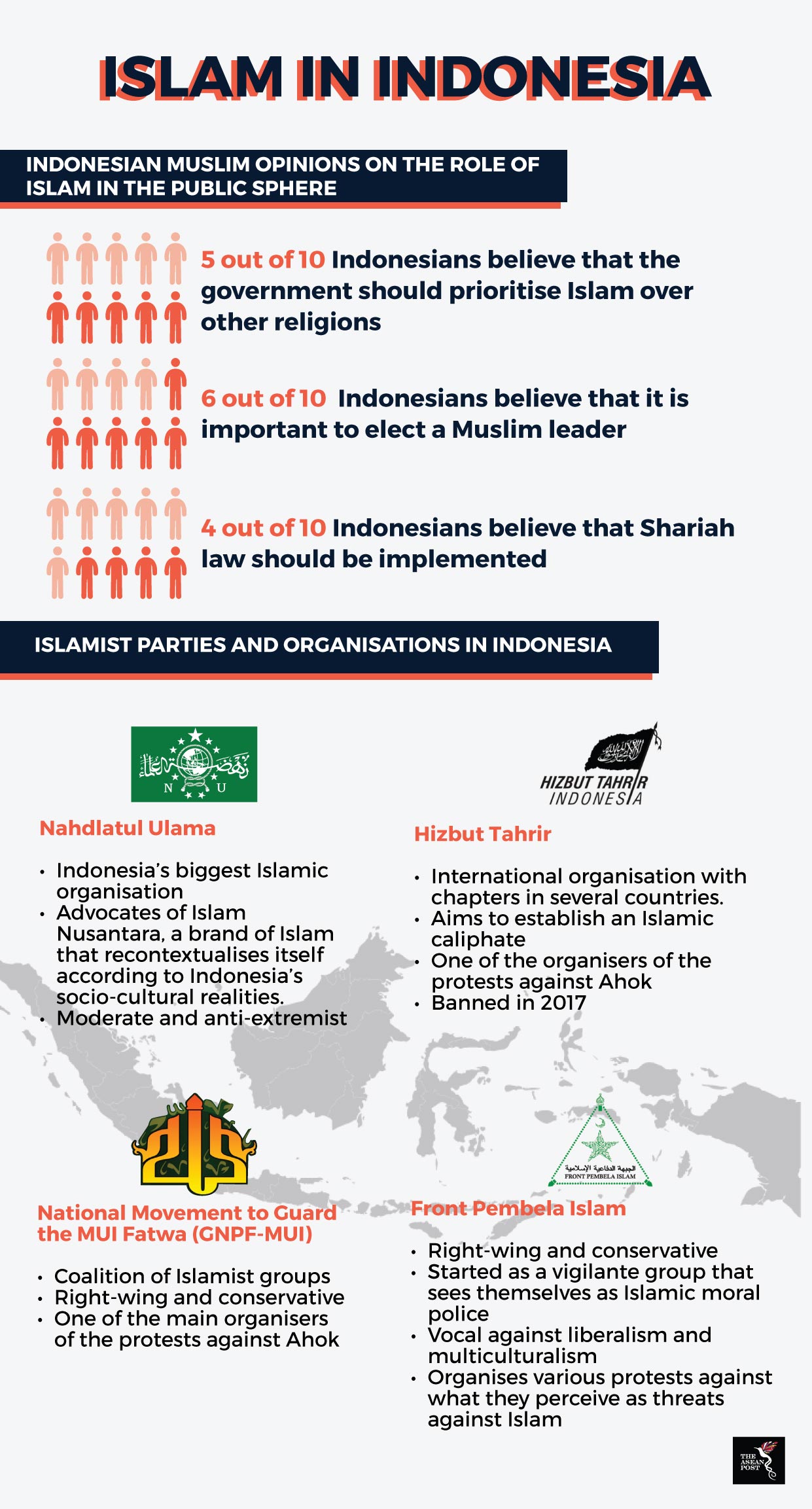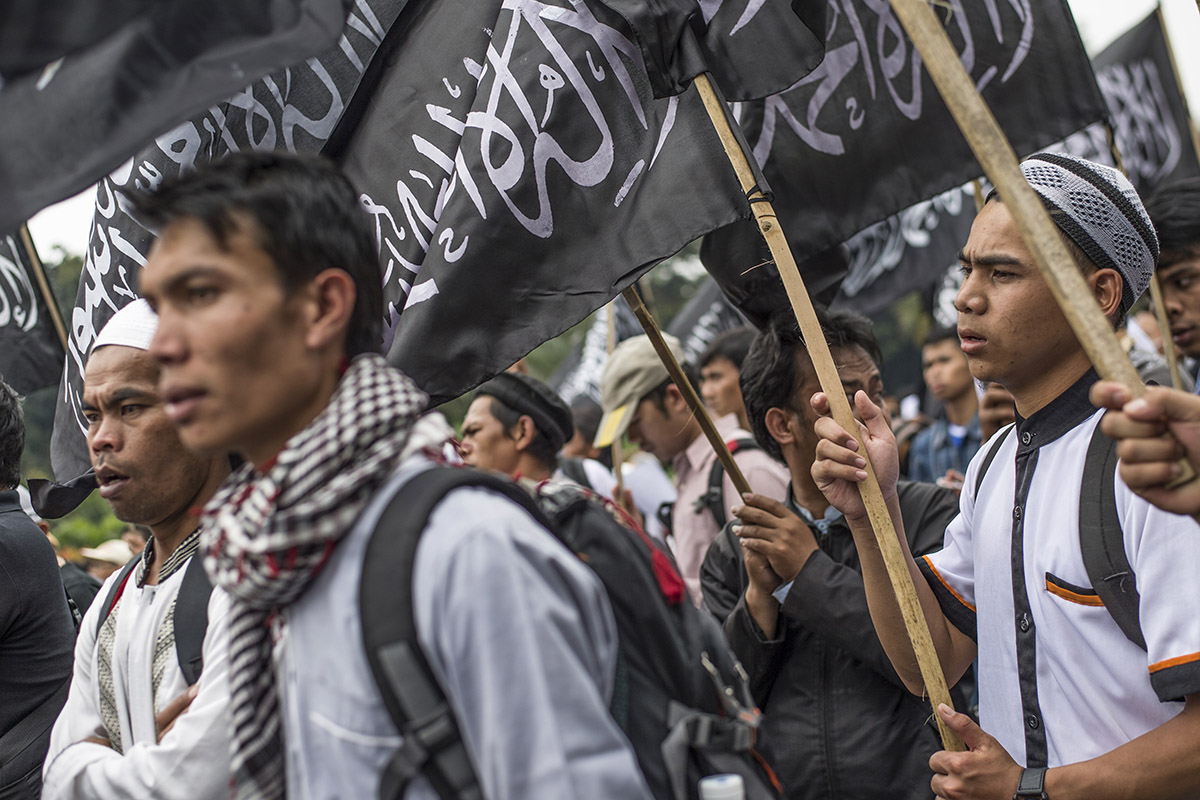The largest democracy in Southeast Asia is gearing up for its upcoming elections season. Indonesians will go to the polls twice, once this year and once again in the following year. The country’s local elections will be held first and is slated for 27 June, this year. These elections are being held to elect 17 governors, 39 mayors and 115 regents across Indonesia. Meanwhile, the Presidential elections will be held on 17 April, 2019. This election will determine whether President Joko Widodo wins a second term in office or not.
Recently, Indonesia made headlines in the international media for newly proposed amendments to the country’s national Criminal Code which is currently being debated in the House of Representatives. If passed, the amendments would criminalise extramarital sex, same-sex relations and cohabitation between couples. Many are seeing this as a sign of the increasing influence that Islamist parties have on Indonesian politics.
The amendments to the criminal code haven’t received much criticism and are supported by all parties in Parliament. However, Kate Walton, a feminist activist based in Indonesia told The ASEAN Post that most parliamentarians support the new amendments because they believe it will help them gain more votes in the upcoming elections.
“For many people, it is to do with the 2019 elections, with parties hoping that this populist move will encourage voters to vote for them for moral reasons,” Kate said.
The loss and subsequent jailing of former Jakarta governor, Basuki Tjahaja Purnama or Ahok also reflects the clout that Islamist parties have in the country. Many believe Ahok lost his gubernatorial seat to Anies Baswedan due to growing protests against Ahok’s alleged insulting of Islam. Ahok was then jailed not long after with charges of blasphemy following from massive protests by Pembela Front Islam (FPI) and Hizbut Tahrir demanding for his jailing.

Source: ISEAS-Yusof Ishak Institute
Furthermore, Andreas Harsono, the Indonesia researcher for Human Rights Watch has also observed that blasphemy cases have increased ever since Jokowi took office in October 2014, indicating a growing intolerance in Indonesian society.
The growing impact of Islamist parties could have an effect on Indonesia’s upcoming elections. While the Islamist parties and groups barely have any actual political power since they don’t win seats in parliament or they do not contest in them, they still have the power to steer political discourse in the country.
Despite the fact that most mainstream political parties in Indonesia aren’t Islamist parties, politicians tend to adopt the stance taken by these Islamist groups in an attempt to pander to their demographics. This is seen in the parliamentarians’’ acquiescence of the amendments to the criminal code as well as the manner in which Anies Baswedan capitalised on the social movement the Islamist parties have created in opposition to Ahok. The tightening grip of Islamism doesn’t really indicate that Islam in Indonesia is growing more sectarian or hard-line. What’s more revealing is that politicians are exploiting religious sentiment to gain votes.
To combat extremism in the country, Jokowi recently disbanded Islamist group, Hizbut Tahrir. Hizbut Tahrir is an international Islamist organisation which seeks to re-establish “the Islamic Khalifah”. However, this could backfire against him as it may only draw more ire from the Islamist crowd and could bolster them even further.
Hard-line Islam might be gaining ground in Indonesia but one should not over-exaggerate the threat. At the moment, Jokowi is enjoying a 77% approval rating and is looking to win the upcoming elections with a government that’s always maintained the need for moderate Islam. However, the government may need to take more measures before this threat grows into something they cannot control.
